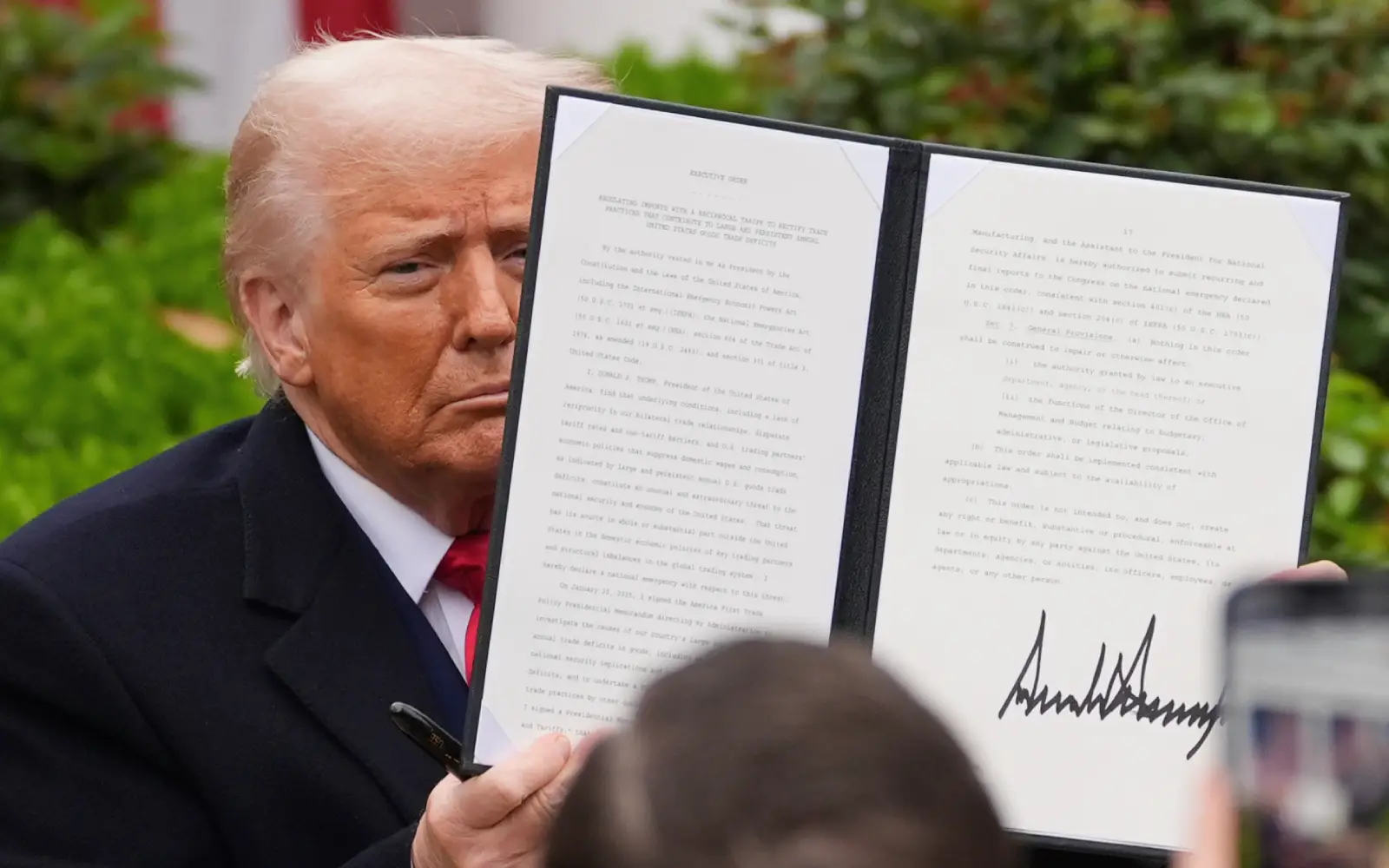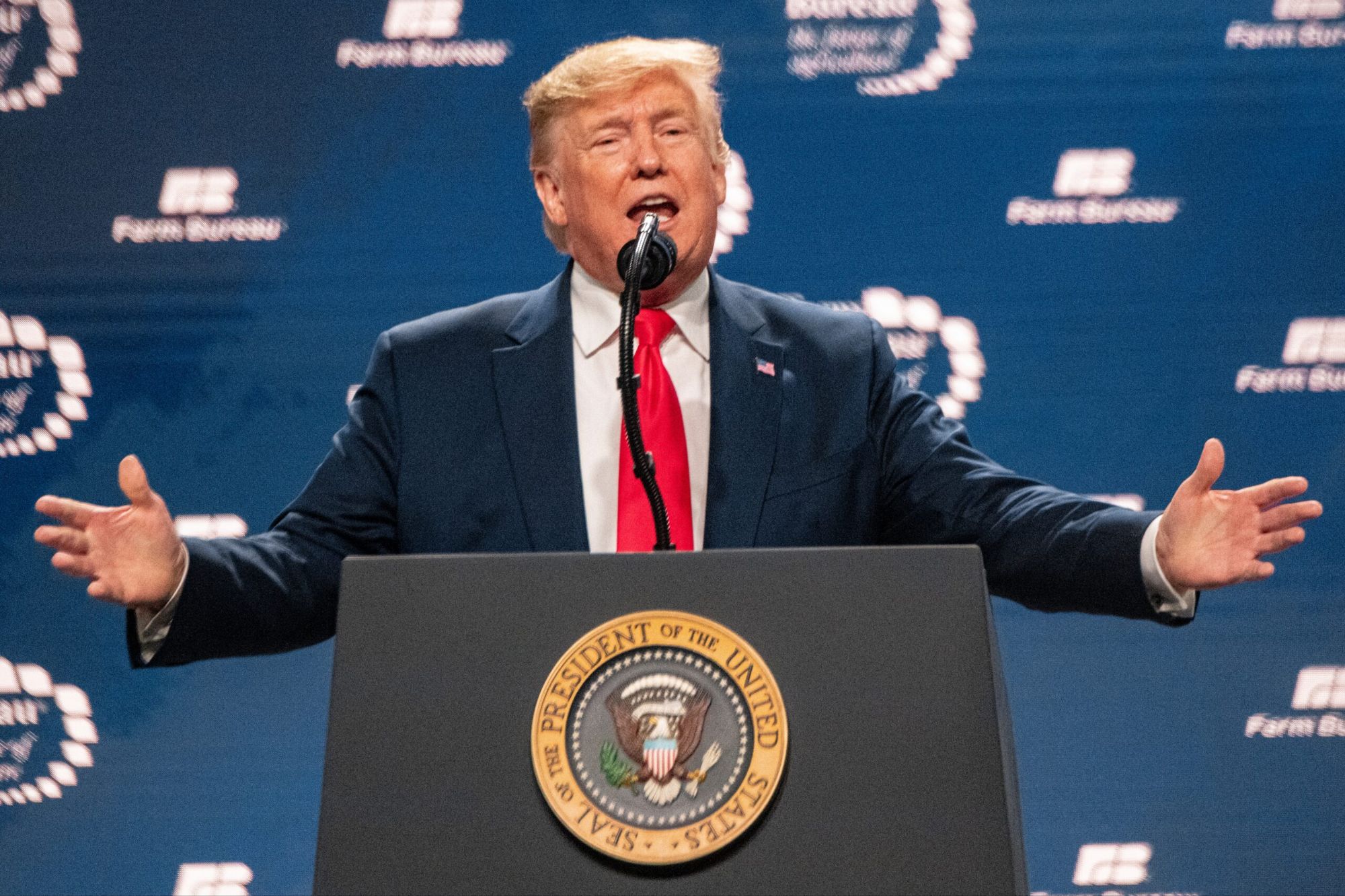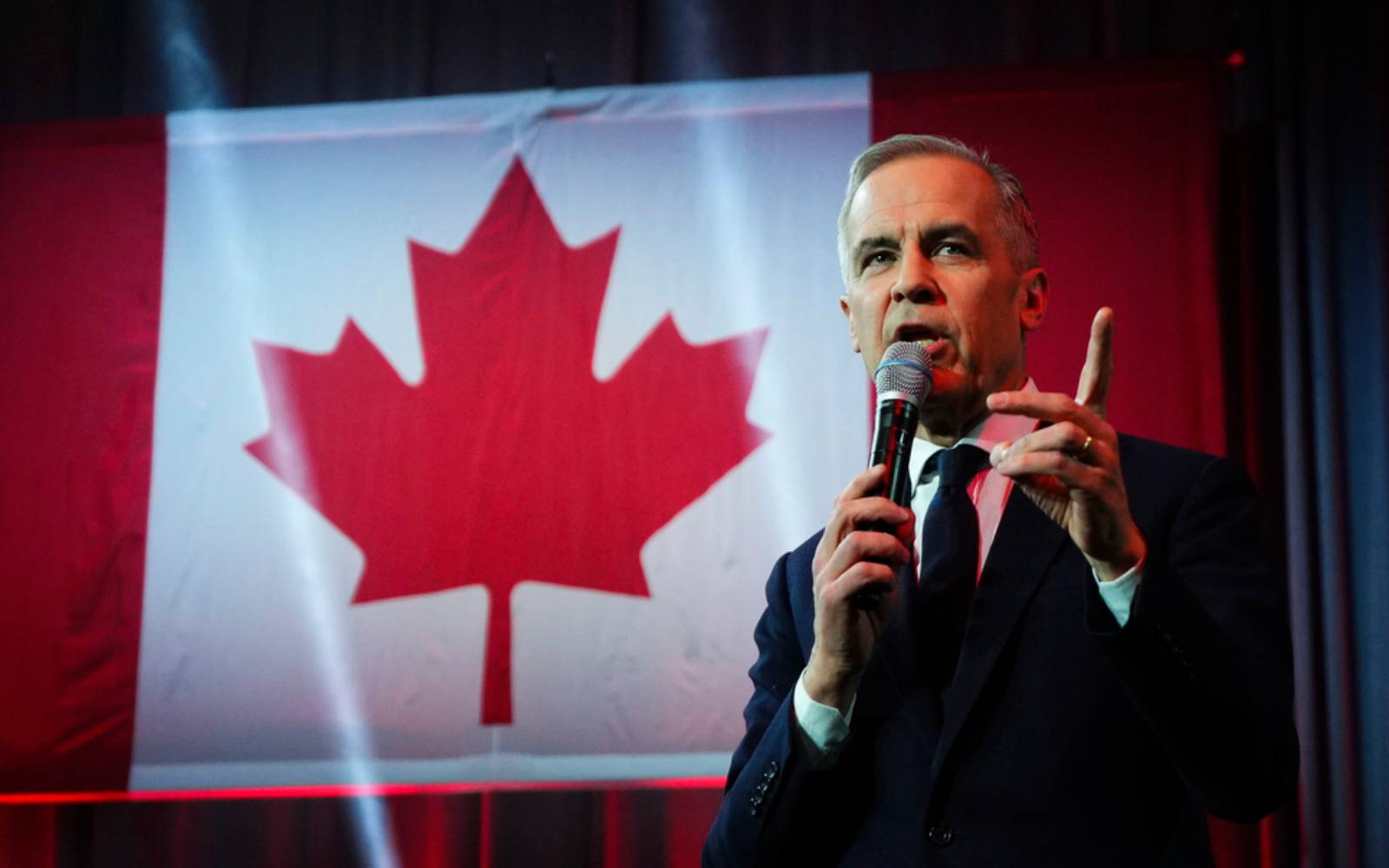A Major Setback for Elon Musk’s Autonomous Ambitions
Elon Musk’s vision of fully autonomous Teslas hitting UK roads has come to an abrupt halt. The British government has officially blocked the rollout of Tesla’s Full Self-Driving (FSD) software, citing serious safety concerns and regulatory shortcomings. This decision marks a significant blow to Tesla’s ambitions in Europe, where regulatory scrutiny over autonomous vehicles has already been slowing down adoption.
The UK’s Department for Transport (DfT) has made it clear that Tesla’s technology does not meet the necessary safety standards to be legally deployed on public roads. Government officials, in collaboration with the United Nations Economic Commission for Europe (UNECE), have opposed allowing Tesla’s FSD system to take control of key driving functions such as lane changes, navigating junctions, and responding to traffic signals without direct driver intervention.
This means that, for now, Tesla’s self-driving software will be severely restricted in the UK, allowing only basic highway automation features while requiring drivers to maintain full control at all times.
A Long Battle With Regulators
The UK’s decision is not an isolated one. Across Europe, Tesla has faced significant hurdles in securing approval for its controversial self-driving technology, which Musk has aggressively marketed as the future of transportation.
Tesla has been selling its Full Self-Driving package for years, charging UK customers £6,800 for a feature that remains unfinished and, in many jurisdictions, legally unusable. Musk’s long-standing promises that Teslas would soon drive themselves without human intervention have failed to materialize, and regulators remain deeply skeptical.
The DfT’s position aligns with those of other European regulatory bodies, which have taken a cautious approach to autonomous vehicle technology. Officials have warned that while such systems could reduce human error in driving, they also introduce new risks—particularly if the technology fails in unpredictable road conditions.
In September 2024, UK government representatives argued that allowing Tesla’s self-driving software to make independent driving decisions could pose unacceptable safety risks. Rather than permitting full autonomy, they recommended a phased introduction with extensive testing to assess how the technology interacts with real-world road conditions.
Musk Blames ‘Bureaucracy,’ But the Reality Is More Complex
Predictably, Elon Musk has lashed out at regulators, dismissing Europe’s safety standards as “bureaucratic nonsense” that is holding back innovation. He has frequently expressed frustration with UNECE regulations, calling them an unnecessary obstacle to technological progress.
However, the opposition to Tesla’s FSD rollout is not just about bureaucracy—it’s about fundamental safety concerns. Unlike other major automakers investing in self-driving technology, Tesla has repeatedly relied on over-the-air software updates to expand automation features without direct oversight from regulators.
European safety officials have also criticized Tesla’s approach to self-driving as reckless, arguing that drivers are misled into thinking the technology is more capable than it actually is. Several fatal crashes in the U.S. involving Tesla’s self-driving software have only intensified scrutiny worldwide.
The departure of Tesla’s top European lobbyist, Marc Van Impe, in October 2024 also highlights the company’s struggles in navigating the European regulatory landscape. Van Impe, who left to join SpaceX, reportedly warned that Tesla was failing to adapt to Europe’s regulatory demands, further delaying the approval process.
What This Means for Tesla and the Future of Self-Driving Cars in the UK
The UK government’s decision to block full deployment of Tesla’s self-driving system is a major blow to the company’s European expansion. Without regulatory approval, Tesla owners in the UK will only have access to the most basic driver assistance features, far short of Musk’s vision of fully autonomous vehicles.
This development also signals a wider challenge for Tesla’s self-driving ambitions in Europe. Unlike in the U.S., where Tesla has been allowed to beta-test its software with real drivers, European regulators are demanding stricter safety evaluations before granting approvals.
For now, the message from UK regulators is clear: Tesla’s Full Self-Driving software is not safe enough for British roads. Until the company can prove otherwise, UK drivers hoping for a hands-free experience will have to wait.













